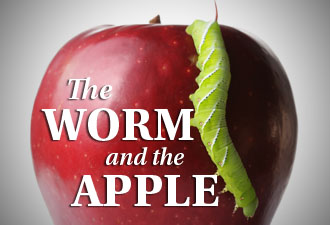Media
Teachers Union Worse Than Hollywood Portrayal
Pennsylvania State Education Association President Mike Crossey takes issue with the film “Won’t Back Down” for not matching “real-life experience” on teachers unions. He’s right—in real life, teachers unions are worse than Hollywood depicted.
Doreen Diaz of Adelanto, Calif., whose story inspired the movie, had this to say about her long slog to use California’s parent trigger law:
Our first proposal was a moderate amendment to the teachers union contract, modeled after contracts AFT affiliates had already approved in other districts. The proposal would have maintained Desert Trails as a wall-to-wall unionized, district-run school. The district rejected it.
Then representatives of the district and union struck back with a calculated rescission campaign. Their tactics made the dirty tricks depicted in the movie “Won’t Back Down” seem tame by comparison.
They told some parents the school would be shut down as a result of their efforts. They took photographs of the parents who refused to rescind their signatures. Some parents who were undocumented felt their immigration status was being used against them.
That’s the real face of union bosses when they’re challenged. Courts have finally ruled that Diaz’s petition from parents is legitimate, and they can open their new charter school, but she didn’t get her quick Hollywood ending because the teachers union blocked her at every step.
Crossey also contends Pennsylvania should be proud that its students do well on the National Assessment of Educational Progress (NAEP) test, with only a “handful” of states doing significantly better. He neglects to note the actual NAEP proficiencies in reading and math for 4th- and 8th-graders, which hover around 40 percent, and which mean the majority of Pennsylvania children aren’t learning at grade level.
Moreover, Pennsylvania’s relative ranking is mostly to do with demographics. In fact, Pennsylvania black and Hispanic students perform worse in many categories than the national average.
Teachers unions are indeed a barrier to improving student performance, largely because they support a host of education policies that create education stagnation: Protecting scale pay, work hours, and weak job performance over student needs; lobbying against proven forms of school choice, such as opportunity scholarships and charter schools; and advocating for higher and higher spending when such spending doesn’t improve academic performance.
Educational reality is indeed no match for Hollywood. What parents and children in Pennsylvania face is far more daunting.
